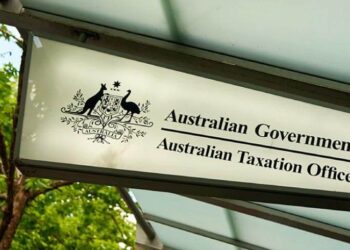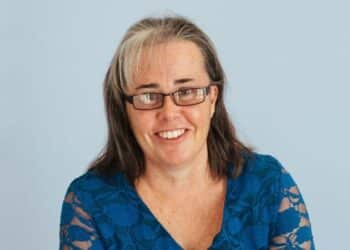While women predominantly seek outside advice, the report also found one in five SMSFs that don’t currently use an adviser may seek to do so in the future.
This is the 18th annual report from Vanguard on the state of the SMSF sector in Australia and is the largest scale quantitative survey of Australian SMSF investors.
According to the latest report, the average age and wealth of newly established SMSFs have both increased over the past 12 months, with the average age now 45 up from 42, and the average balance at establishment now sitting at $300k, up from $220k the previous year.
The main reason for establishing an SMSF remains consistent with previous years – the desire for more control over investments – which was cited by nearly 70 per cent of new SMSFs.
“At the heart of many SMSF trustees is their desire for control and autonomy. The research shows that trustees are increasingly interested in taking control of their investments as they seek greater transparency, flexibility, and the ability to tailor their investment strategy to their unique needs,” said Balaji Gopal, head of financial adviser services, Vanguard Australia.
For the past three years, the Vanguard survey had found there had been a stagnation in the use of financial advisers in regard to SMSFs with only 27 per cent of trustees indicating they sought advice in the past year.
This is despite the finding that the bulk of trustees, both advised and unadvised, expressed the need for advice. The number of SMSFs without a financial adviser and with unmet advice needs continues to increase at a rapid rate (270k in 2023, up from 235k in 2022).
The report found SMSF trustees were wary of seeking advice because of the unclear costs, lack of trust and previous bad experience with advisers.
It also found the priority of those seeking advice for an SMSF did so to find support in finding good buying opportunities, a need for strategic advice and to understand changes in regulation.
Despite not seeking advice, the report found 30 per cent of trustees under the age of 44 self-assessed their financial literacy as poor to average. Nearly half (42 per cent) of female trustees surveyed indicated the same.
“The value of advice is never more crucial than in times of market instability, similar to what we are currently experiencing. Advisers have the opportunity to offer a myriad of advantages to investors, from filling in the financial literacy gaps to meeting unmet advice needs,” said Mr Gopal.
“Importantly, the right advice can deliver more than just a better investment outcome. It could be life-changing, whether that’s through providing clarity on complex financial matters, coaching amid challenging market conditions, or bringing peace of mind about retiring well,” he continued.
The survey also revealed that the vast majority of trustees are seeking more education on updates to rules and regulations in order to better manage their SMSF, in addition to understanding the common mistakes made by SMSFs and help with their investment strategy.
Unsurprisingly, nearly half of SMSF trustees conveyed concerns with the $3 million cap confirmed by the government in the recent federal budget, while one in four (24 per cent) felt it was a positive development.


